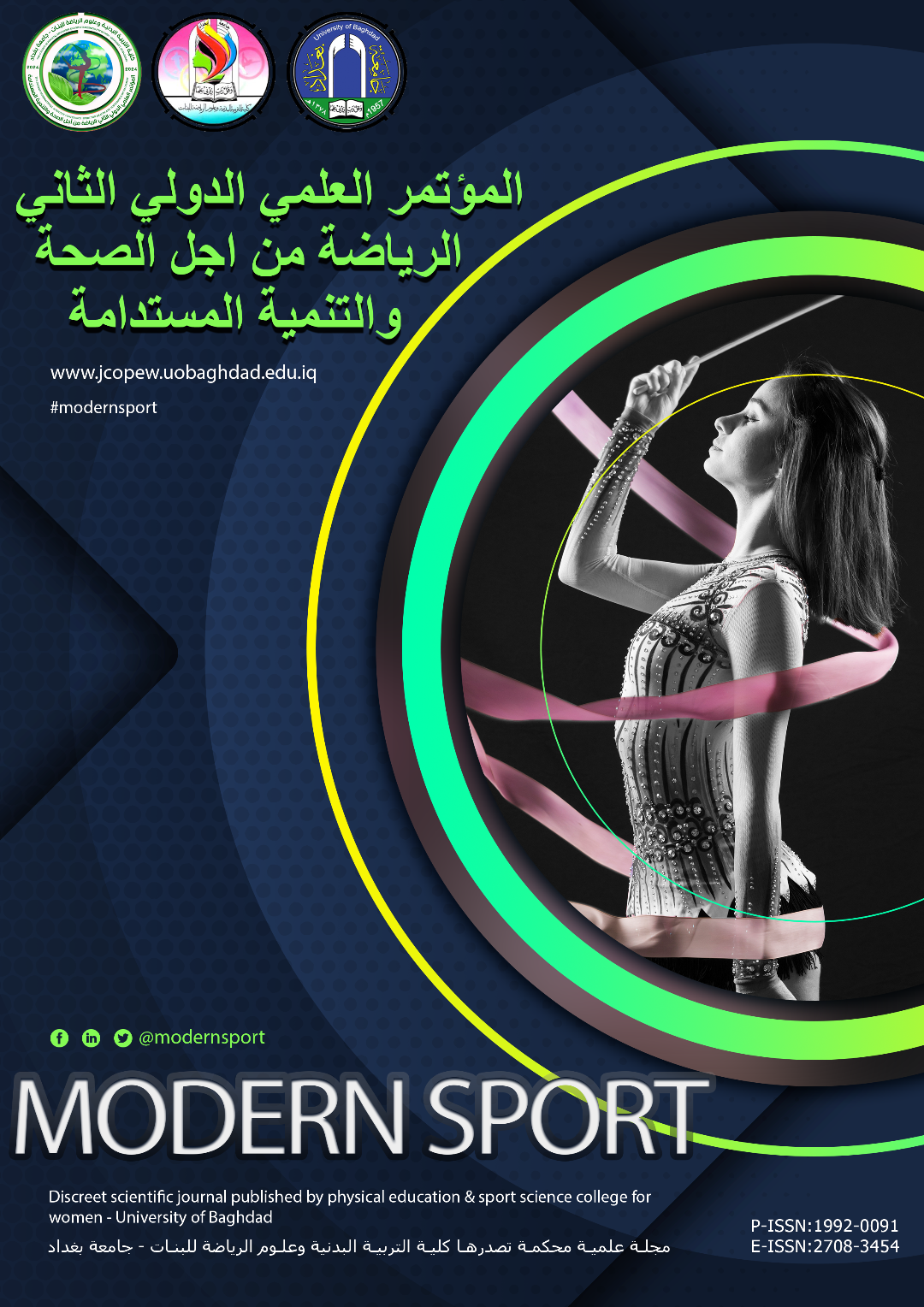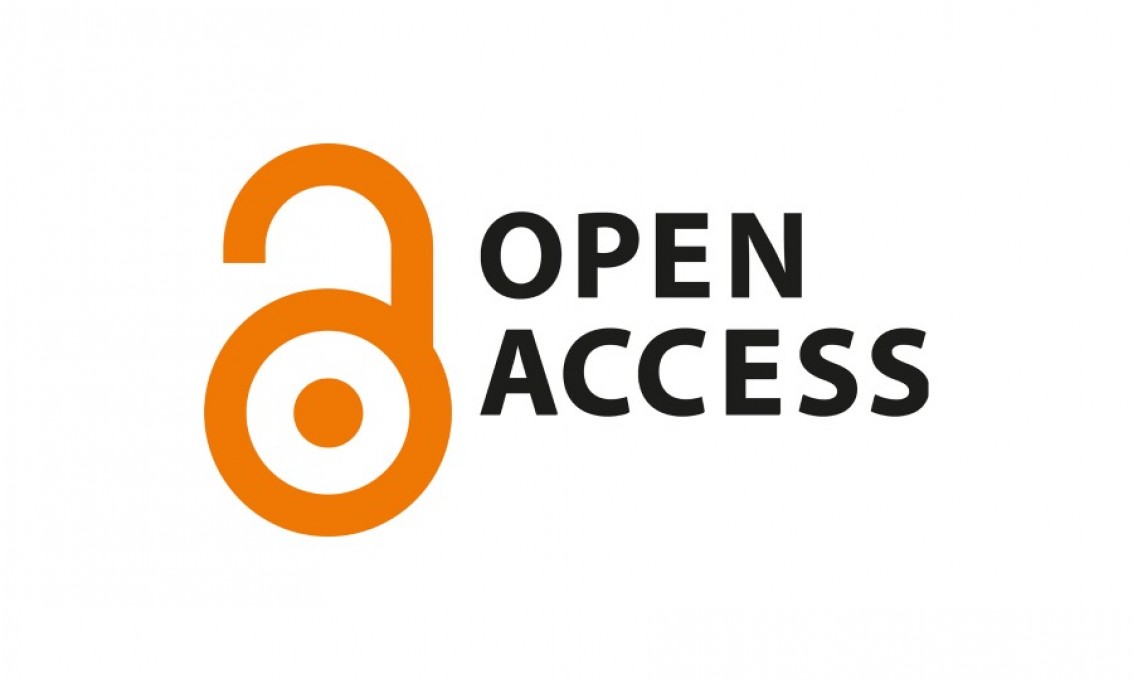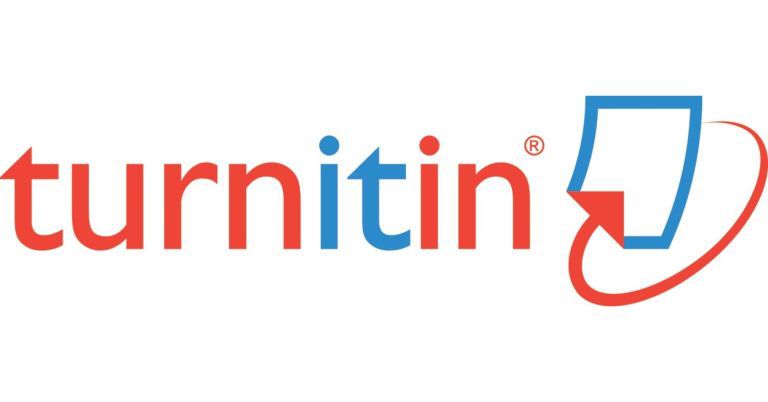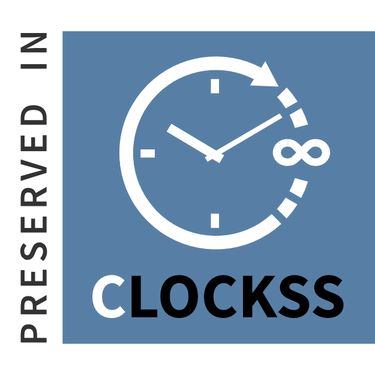The effectiveness of a meaning guidance program on the self-efficacy of fencing players
DOI:
https://doi.org/10.54702/9rn15g67Keywords:
meaning guidance, self-efficacyAbstract
The kinetic performance of a fencing player does not depend only on the physical, skill, and tactical aspects, but rather depends on his ability to use his mind or thinking by achieving a balance between those aspects and the psychological aspect, and then his ability to achieve harmony between the self-efficacy represented, which prompted the researcher to develop a guidance program in this sense and this type. Guidance seeks to make the mentor aware of his commitment and responsibilities while leaving him the freedom to make decisions regarding his perception of himself as a person capable of taking responsibility. Given the lack of studies and research examining the field of guidance in the sense, this called on the researcher to develop a guidance program for fencing players. Therefore, the research aimed to prepare (Guidance with meaning) program for fencing players, revealing differences in the self-efficacy of the experimental and control groups in the pre- and post-tests for the players in the research sample, revealing the difference in self-efficacy and ego identity for the two groups in the post-tests. The research sample represented a group of fencing players in the city of Erbil, and the research methodology was It is the experimental approach, which is represented by applying the guidance program in the sense of the experimental group and leaving the control group in its normal conditions. The study reached a set of conclusions, the most important of which is the effectiveness of the program (guidance in the meaning) on fencing players in the Kurdistan Region. The guidance program in the meaning prepared by the researcher has a clear impact on the level of self-efficacy of the experimental group players, the development of the experimental group players in the post-test in all dimensions, and the total score of the self-efficacy scale.
References
- Abu Tina and Al-Khalaya (2011): The effectiveness of self-efficacy in self-affirmation in groups. Unpublished master’s thesis, University of Jordan.
- Al-Zayat, (1999): Cognitive Psychology, Part Two, Cairo, Universities Publishing House, Egypt.
- Al-Sawat, Wasallah, Bin Abdullah Hamdan (2015): The effectiveness of a training program based on brain-based learning theory in developing perceived academic self-efficacy and some habits of mind among university students, Journal of the Faculty of Arts, Banha University, Egypt.
- Attiya, Muhammad Abdel Raouf, Ragab (2009): Emphasis training and its relationship to some personality traits among university students, Journal of Psychological Guidance, No. 17,, Ain Shams.
- Allawi, Muhammad Hassan (1998): Introduction to Sports Psychology, Dar Al-Fikr Al-Arabi, Cairo.
- Allawi, Muhammad Hassan and Kamla (1987): Scientific Research in Physical Education and Sports Psychology, Dar Al-Fikr Al-Arabi, Cairo.
- Allawi, Muhammad Hassan (1989): Encyclopedia of Psychological and Skills Tests for Athletes, Al-Kitab Publishing Center, Cairo.
- Frankl, Victor (2007): Man and the Search for Meaning, The Meaning of Life and Logotherapy (Translated by Talaat Mansour 2011), Anglo-Egyptian Library, Cairo.
- Mahammed, R. F., & Kadhum, S. R. (2023). Disability-Related Self-Attendance Fear among Tennis and Table Tennis Players. Revista iberoamericana de psicología del ejercicio y el deporte, 18(3), 245-247. https://www.scopus.com/record/display.uri?eid=2-s2.0-85166321608&origin=resultslist
- Mahammed, R. F., & Kadhum, S. R. (2023). The Assertive Behavior of Disabled Tennis and Table Tennis Players. Revista iberoamericana de psicología del ejercicio y el deporte, 18(3), 248-250. https://www.scopus.com/record/display.uri?eid=2-s2.0-85166311055&origin=resultslist
- Zghair, S. A. K., & Kadhum, S. R. (2022). Civilized Cleverness Among Students Of The Faculties Of Physical Education Sports Sciences And Fine Arts. Revista iberoamericana de psicología del ejercicio y el deporte, 17(5), 319-322. https://www.scopus.com/record/display.uri?eid=2-s2.0-85146707590&origin=resultslist
- Saeed, W., Abed-Maleh, F., & Jary, H. S. (2019). Effect of Sponge Cylinder Exercises on The Rubber of Working Muscles to Perform Human Wheel Skill in Technical Gymnastics. Indian Journal of Public Health, 10(6), 651. http://dx.doi.org/10.5958/0976-5506.2019.01350.0
- Mohammed, N., Kzar, M. H., & Al-Selmi, A. D. H. (2021). The effect of an educational curriculum based on metacognitive skills in teaching some offensive skills on the specialized school of basketball in Baghdad governorate. Revista iberoamericana de psicología del ejercicio y el deporte, 16(3), 4.p29-31. https://www.scopus.com/record/display.uri?eid=2-s2.0-85110978326&origin=resultslist
Downloads
Published
Issue
Section
License
Copyright (c) 2024 Modern Sport

This work is licensed under a Creative Commons Attribution 4.0 International License.















